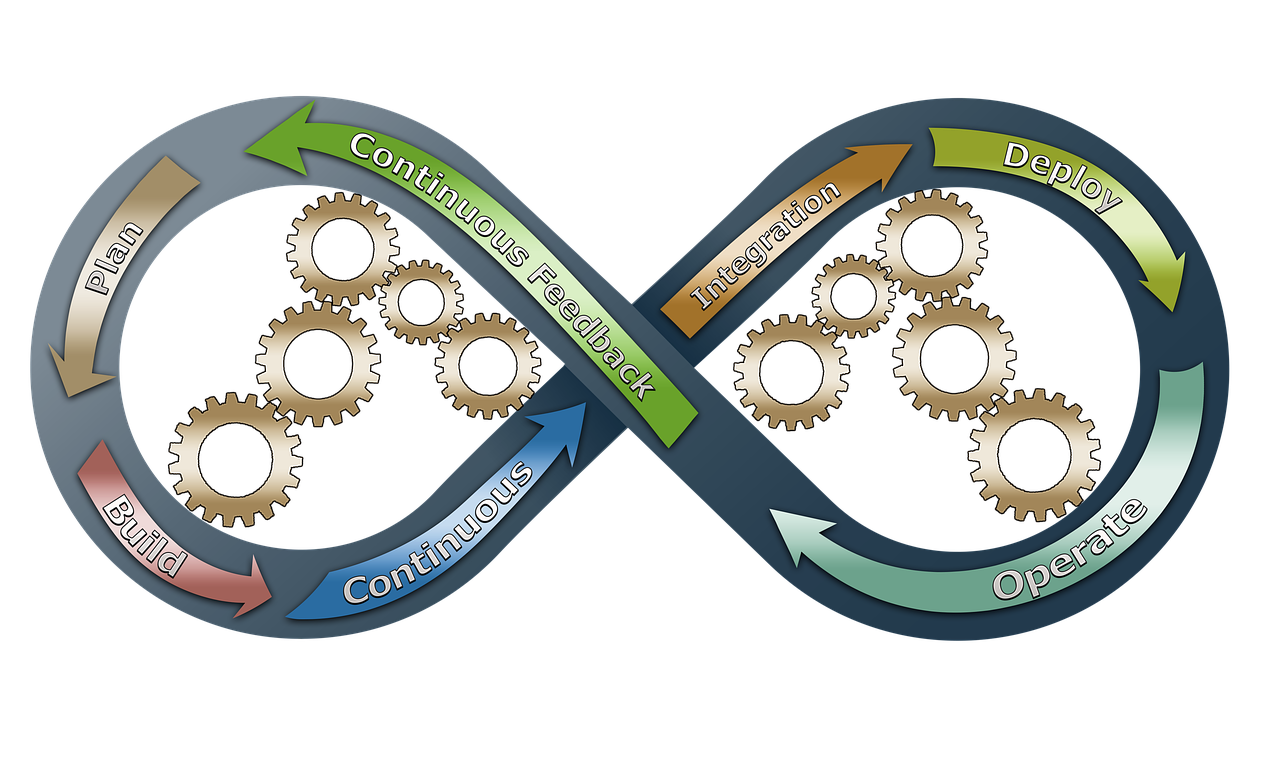What is DevOps and Why it Matters for IT
What is Devops?
DevOps is a set of principles and practices that emphasize communication, collaboration, integration, and automation between software developers and information technology (IT) professionals.
The idea behind devops is to provide a more efficient way of managing the application lifecycle through automation. This saves time for both team members as well as customers by ensuring that there are fewer errors in production. Devops includes many different practices such as Continuous Integration, Continuous Delivery, Infrastructure as Code, Version Control Systems like Git or SVN, Automated Testing Tools like Selenium or Appium etc.
Developers are usually the most concerned with the development process. This is because they are responsible for coding and designing software. They need to make sure that their code is working properly before they release it to the public. IT professionals are usually more concerned with how efficiently the software can be deployed to production environments.
DevOps originated in 2009 when Patrick Debois started a discussion on Twitter about how developers should be able to deploy code without IT’s help. It was then coined as “devops.”

What are the Benefits of DevOps?
DevOps is a framework that helps in the development and deployment of software. It is a combination of two words, “development” and “operations”.
The benefits of DevOps are:
-
Improved communication between developers and operations.
-
Better quality assurance for the software.
-
Faster delivery of new features and bug fixes.
-
Reduced risk associated with new releases.
DevOps vs SRE vs CD
DevOps is a software development practice that emphasizes communication, collaboration and integration between software developers and information technology (IT) operations professionals.
In the DevOps model, developers are responsible for writing code that meets quality standards as well as for testing and releasing the code into production. Operations staff then deploys the code. The goal of DevOps is to facilitate communication between these two groups so they can work together to build better products faster.
SRE stands for Site Reliability Engineering which aims at making IT systems more reliable by reducing downtime and improving their reliability. SRE focuses on building automation tools, implementing processes to increase reliability, and training employees in order to improve their skills in system reliability engineering.
CD stands for Continuous Delivery which is a set of principles that guide an organization’s software development
Conclusion: The Future of DevOps
DevOps is an ever-changing and evolving field, with new technologies being developed at a rapid pace. This article has explored some of the latest trends in DevOps and how they will shape the future of the field.

